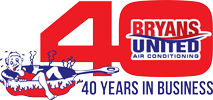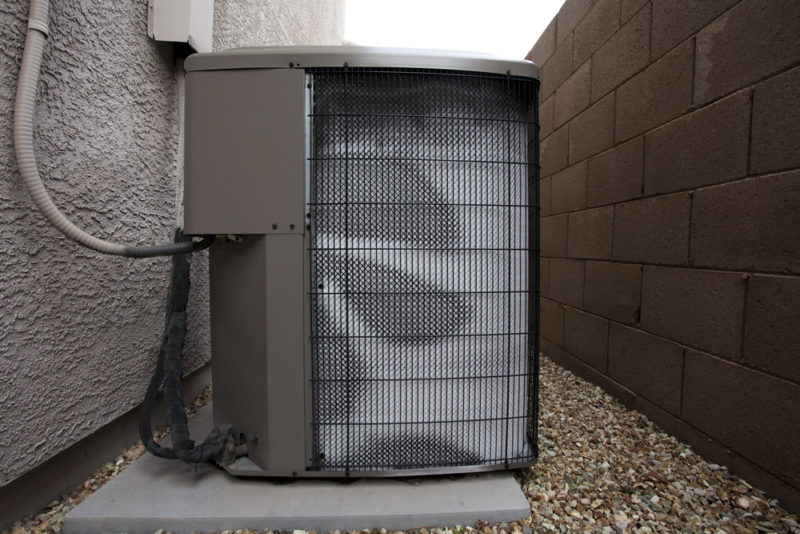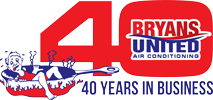HVAC units are complicated pieces of machinery. As technology increases and smart appliances become commonplace, it’s more important than ever for owners to know HVAC terminology. Summers in Jefferson, Louisiana, can be sweltering. And if your HVAC unit breaks, understanding what your technician is talking about can help quickly put repairs on track. These four terms can help you understand exactly what’s wrong with your HVAC.
Evaporator Coil
Used to dehumidify the air being pumped into your home, the evaporator coil is an essential part of every HVAC system – even newer smart systems. It works by heating up the refrigerant until it turns to vapor, which in turn absorbs the heat from the air. This handy system can, unfortunately, wear out. Luckily, it can also be easily replaced.
Compressor
The compressor is one of the components that deal with the pressure of the air within the HVAC system. It increases or decreases the amount of refrigerant gas, which in turn helps to regulate temperature. If it isn’t letting enough gas in or is letting in too much, it can affect the temperature in your home – no matter how advanced your thermostat is.
Refrigerant
Like its name suggests, the refrigerant is used to cool the air being pumped through the HVAC system. During Jefferson’s hot summer months, it’s not uncommon for a system’s refrigerant level to be too low to effectively cool a home. Getting this fluid level replenished during regular maintenance can help keep your HVAC system running smoothly.
Air Handler
Consisting of a circulating fan and the evaporator coil, an air handler is what gets the cooled air where it needs to go at the temperature its supposed to be. If this component isn’t working like it should, you may have rooms that seem hotter than others or have inconsistent airflow.
These five terms are just a few to help you understand what your HVAC technician is talking about when diagnosing issues with your system. If you’re facing problems with your HVAC system, give Byrans United Air Conditioning a call at 504-208-2071 to get your HVAC back up and running today!
Image provided by Shutterstock


